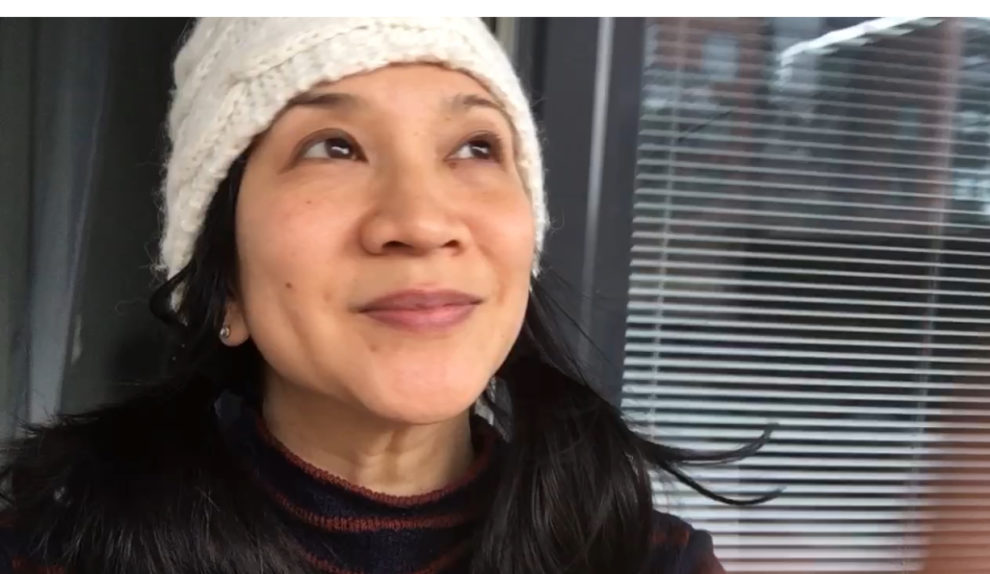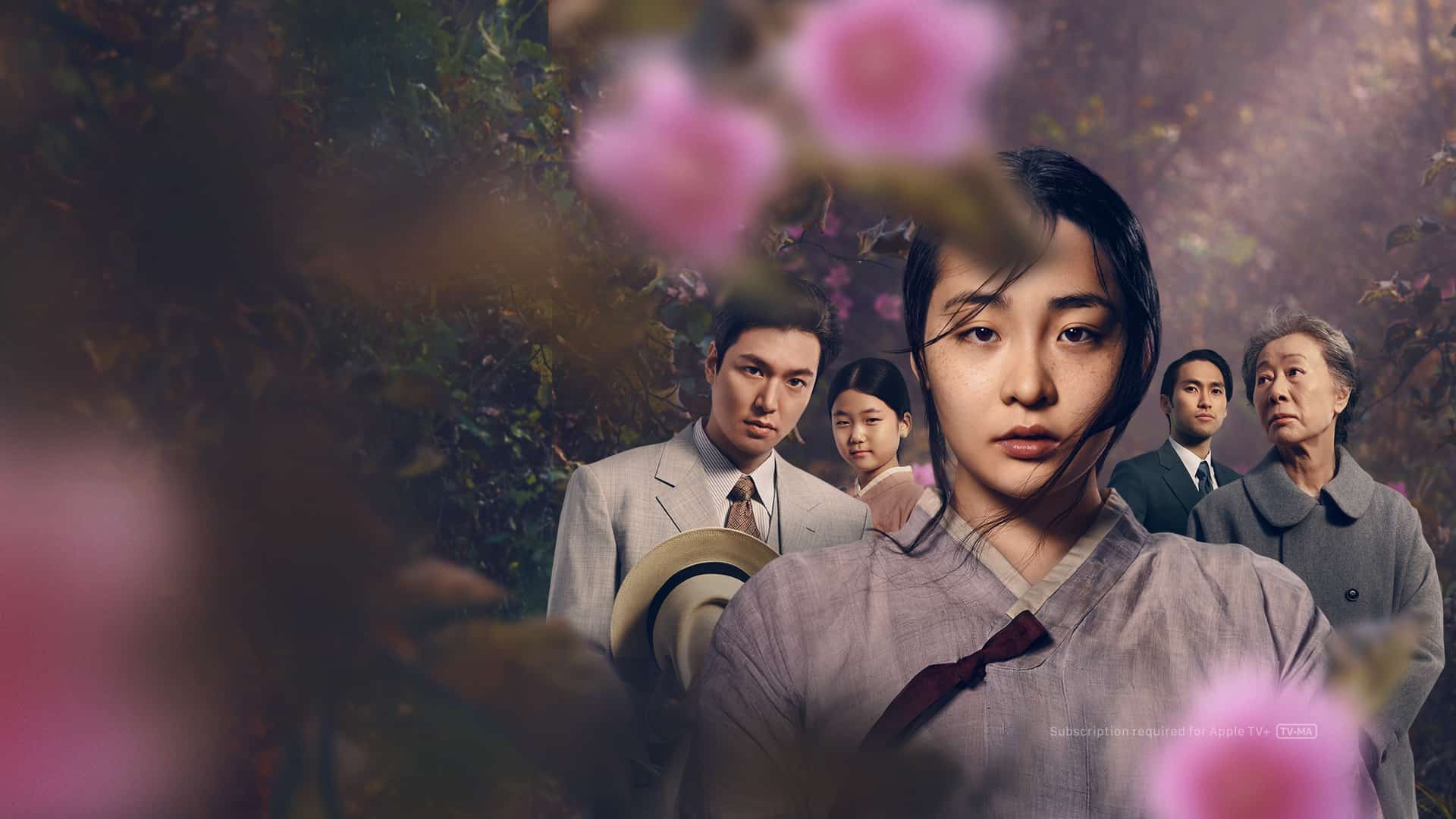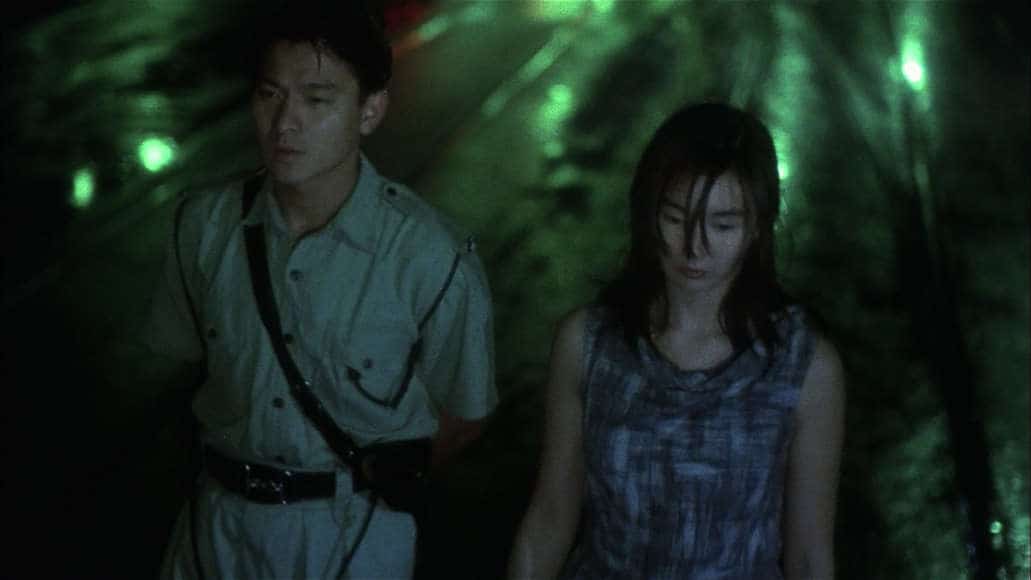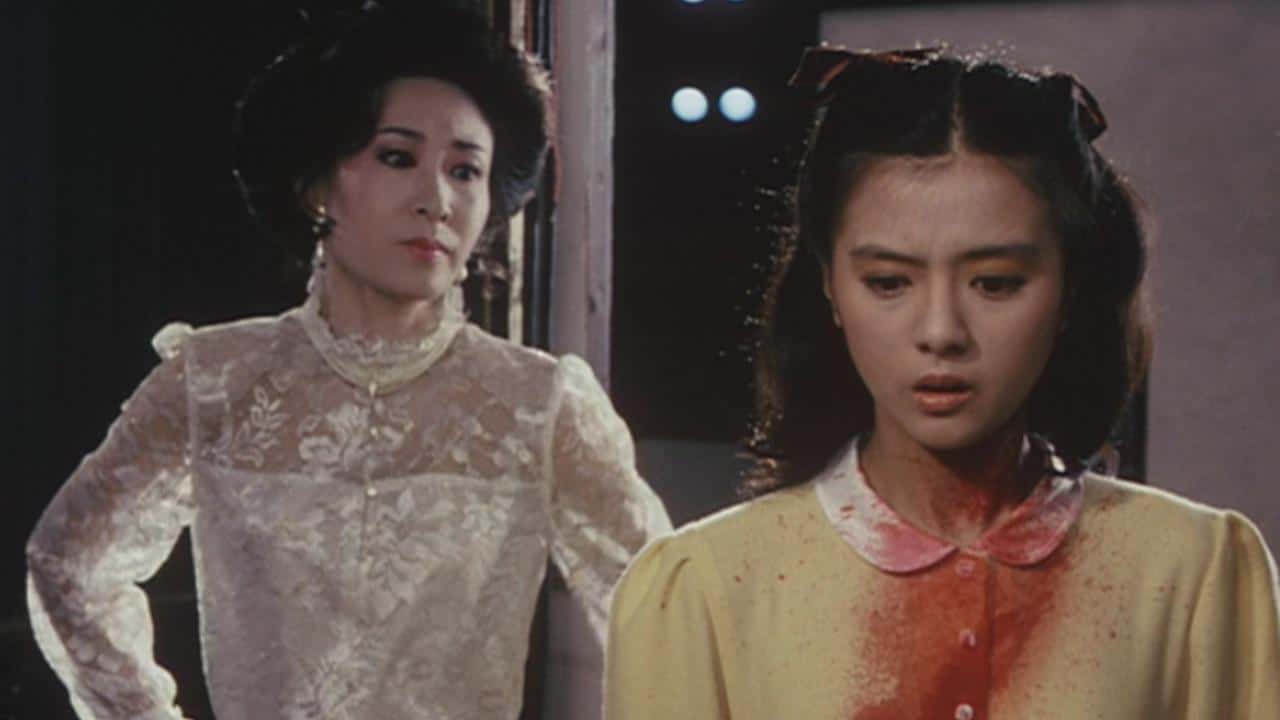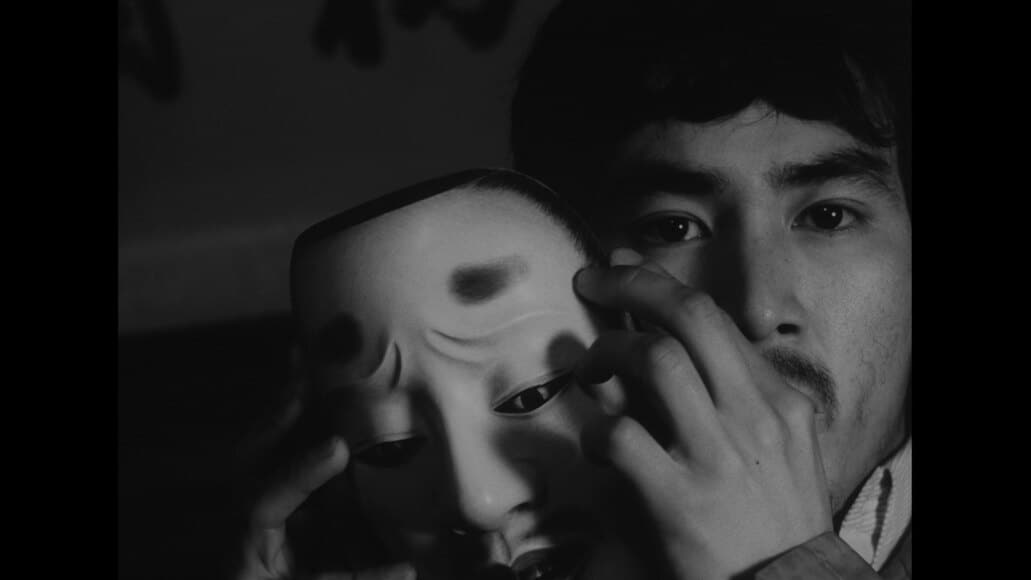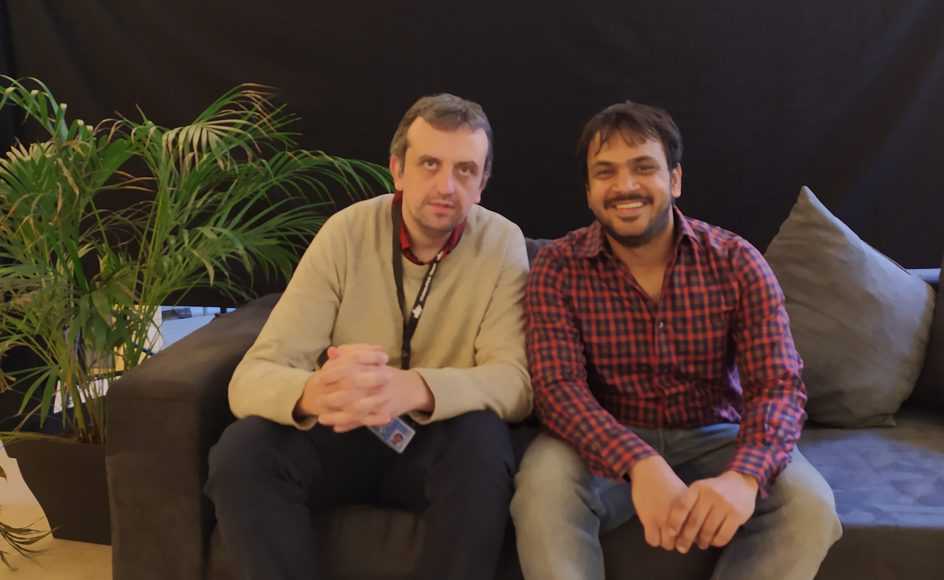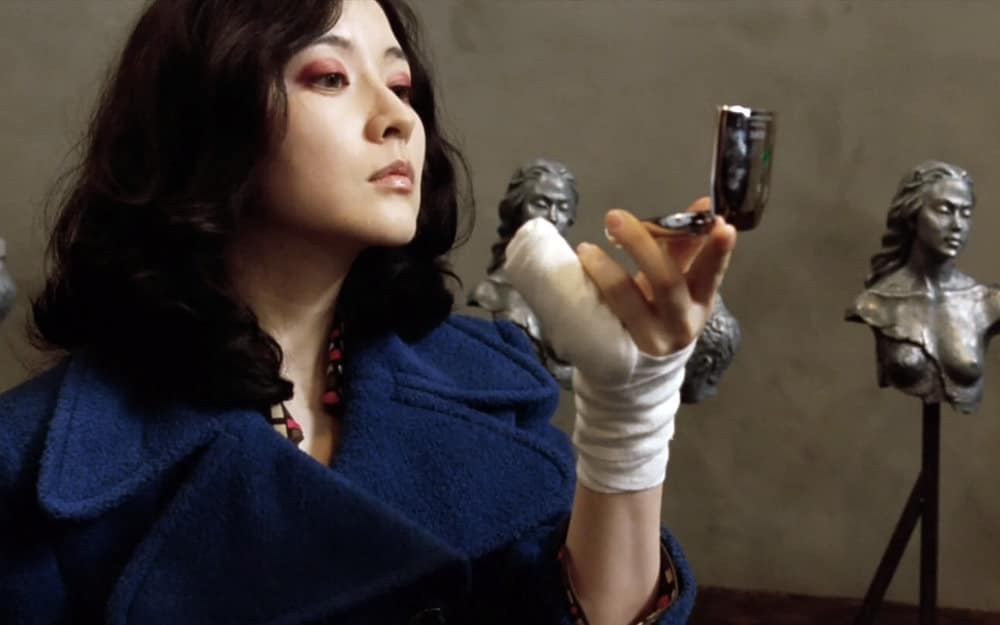“Basurero” marks the directorial debut of Filipino-American filmmaker Eileen Cabiling, who also penned the original short screenplay. Manila/Los Angeles-based Cabiling is a Screenwriting Fellow graduate of the prestigious American Film Institute who has worked as a writer for Disney and as a story development producer. Born to immigrant Filipino parents in the U.S., Cabiling is drawn to the subject matter by a desire to explore the psychology of her ancestral home. Currently, she is set to make her feature-length directorial debut with her original screenplay, “Manhid”, starring and produced by Rosales.”
Eileen Cabiling‘s debut film Basurero was previously selected as part of the best of our Submit Your Film initiative, having been received after a successful debut at the 24th Busan International Film Festival. With the film's continued success on the festival circuit, and new projects on the horizon, we got a chance to speak with her about her experiences in the film industry, the importance of social messaging and life in the Philippines.
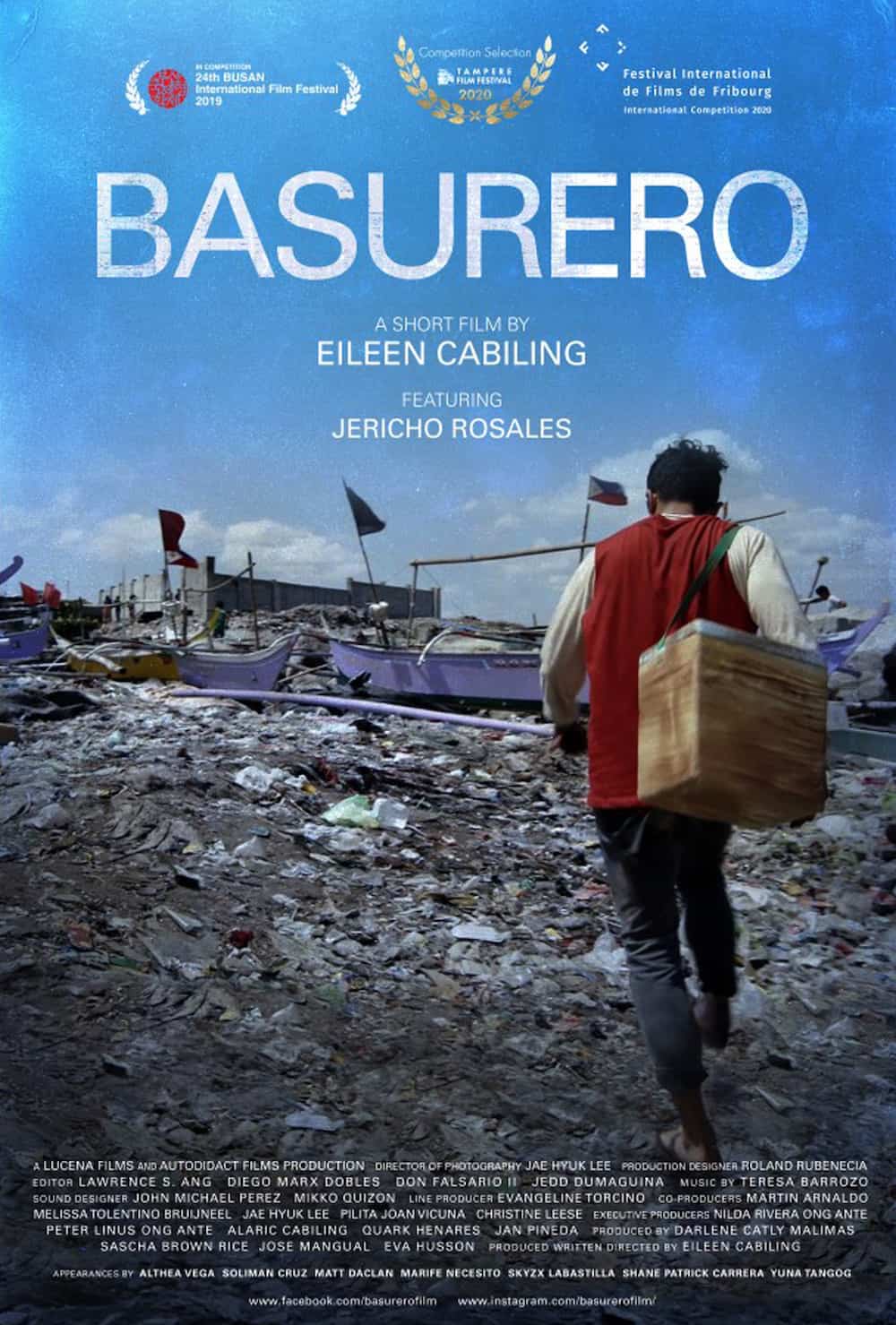
Having an extensive experience within the film industry with various roles, what made you decide to transition into making your own film?
I have always wanted to make my own films and tell my own stories from the very beginning. I entered the film industry knowing that and yet also hiding it from others and myself for a while. It took me time to find the courage and voice to go for it fully. I skirted around by doing all sorts of industry jobs (coordinator, screenwriter, story producer) Partially, it was me — finding and building the confidence to step forward and claim the space. I grew up a child of Filipino immigrants in the United States and as the only Asian kid in my class until college. I felt very unseen in that no one seemed to have much interest in my immigrant background unless it was to exotify somehow.
Speaking up, claiming a voice, rocking the boat, standing out was something I had to learn to do and be okay and comfortable with. It's been an evolution for me. Also on top of that — the Film and TV industry in the United States wasn't greenlighting, supporting or producing films and stories by diverse people of color. Even in the indie world. People of color weren't supporting people of color stories much either. The US film system and audiences were not programmed to see films or TV series about diverse people. It seemed to be a most impossible and challenging sell.
Do you feel this experience made the transition into filmmaker easier for you?
Yes, for sure. I was blessed to work for some very eccentric and talented filmmakers as their assistant and coordinator like Todd Solondz (Welcome to the DollHouse), Forest Whitaker, Tony Bui (Three Seasons), Lydia Pilcher (Producer Darjeeling Unlimited, Radium Girls, etc). I was super young barely 20s when I worked for these folks and it was kind of the beginning of a type of indie film making in NYC at the time. I saw what they had to move through to make their films and claim their voices. I found their process, perseverance — fascinating and inspiring. Also, because I was so young, they were super kind and parent-like with me. It was super cool.
And Tony Bui — was the first Asian filmmaker I worked for, who struck me hard, when he shared with me that he always knew he wanted to direct his own films and why waste time working as a production assistant or anything else. I really took that insight to heart because I was riding the opposite track doing all sorts of jobs — thinking I needed to break-in.
On another note, the conflicts I faced in the industry and even in film school also have been pivotal to my growth as a filmmaker. At AFI, I remember my first year, my assigned mentor told me flat out that a film with an all-Filipino cast would “not sell” and I wouldn't get work. And so, I changed the protagonist in my thesis screenplay to a blonde “white” girl growing up in the Philippine Islands during WW2.
My second year mentor at AFI was a true godsend — Anna Thomas (writer-Frieda and Founder of IFP Los Angeles). She taught me to trust my process and to allow the story to unfold. She was a stepping stone for me into finding my own way and voice. She nurtured and supported my process and I think she (inside) saw the disparities in the system. The only thing I didn't trust (and this was on me) was to make my protagonist a Filipina again. And in the end, my thesis screenplay won the big award at graduation. There you go — I wrote an “Out of Africa” but in the Philippines. Super “exotic” and Hollywood development folks (who were the judges) loved that stuff at the time. LOL.
Another screenplay of mine “Moo Moo” — received attention, even had Mark Ruffalo attached at one point to direct. It was a Filipino American story inspired by my childhood in America, living in the south. Once again, I did some crazy things that were asked of me like writing in a role for a “white” co-lead. I worked with a white producer/co-writer on that script and eventually realized I was serving a “white” mentality to get it produced. When I asked for the project back and even offered 40% in whatever I made (if I was able to get it made), that partner refused my offer, claimed copyright and brought up taking me to court for the time she put in.
My film is about Filipinos inspired by my family and she is a white woman, so it was quite a horrific realization for me what was at play in that dynamic. YET — this was cathartic and transformative for me. I realized I wasn't being authentic, was living in fear of being rejected, trying to play some game and I wasn't standing my ground. I was just trying to accommodate the “white” system I lived in. I had to get real already. That is how I eventually let go of being that way. When I did, my whole right side froze in pain (literally). I had to take steroid shots to recover. That is how powerful it was (deep stuff) and well, a year later – I was filming “Basurero”
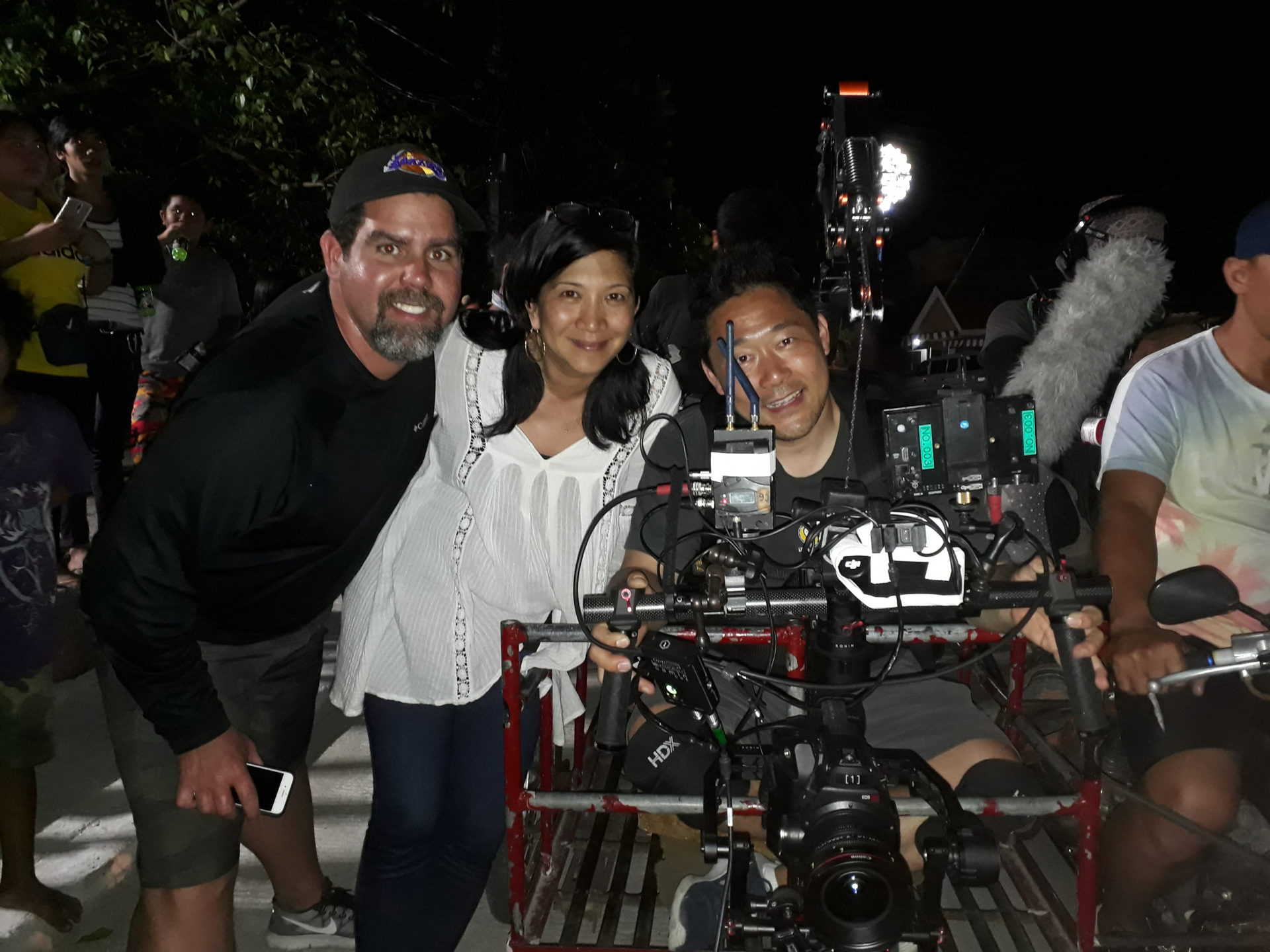
Playing the role of writer, director and producer, what is your favorite part of the process and why?
Directing is my favorite part and collaborating with the keys — actors, production design, cinematographer, editors and producers. I am a writer but I love that the the story and characters come to life and become concrete even more within my collaborations with other minds and talents. I love the magic of how ideas and details mature — solidify as we move forward and even in the filming and editing– together as a team.
One of your earliest credits is ‘production office coordinator' on “Welcome to the Dollhouse”, a personal favorite of mine. Any fond memories from working on that particular film?
Working for Todd Solondz was my first job in the film industry. I had no idea what I was doing. I was 20 years old, got paid $200 a week living in a super cheap apartment with cockroaches in Alphabet City – NYC (a quite sketchy neighborhood at the time). I had never worked on a film before except as an intern/assistant. It was truly an “indie” film too. The producers relied on super young hungry folks like myself. That was a wild wild west experience because we were all so inexperienced and just winging it. Todd was super eccentric and much older than all of us.
I remember our set getting shut down by the police because we violated rules with child labor. Again, because we were all so naive and had no idea of the exact parameters. We went way over budget and ran out of money. We had to shut down because of that too. But Todd and the producers kept moving things forward… we all did. It was an amazing experience of taking risks and persevering. And then the film won at Sundance!
What did you find to be the biggest difference between working on a film in America and the Philippines? Also, what was the most challenging aspect of shooting in the Philippines?
Oh gosh. I learned so much and grew so much from working with my Filipino crew. In the US, we are control freaks and stressed out all the time trying to read into the future and dwelling on what can go wrong. In the Philippines, there is this saying “Bahala na” It can be translated to mean “whatever happens, happens,” “things will turn out fine.”
I learned from my fellow Filipinos to trust when problems happen- we can solve them and somehow it will all work out. I am so grateful for that lesson. Living in the Philippines for almost three years has truly changed me in a tremendous way. They deal with chaos and existential problems so much better than Americans. It's interesting to be back in the US and see how we are dealing with chaos. As you know, we're super bad at it. And there's a bit of an ignorance about other ways of thinking and a better than thou mentality in the USA — which is unfortunate. Most Americans don't even bother to learn other languages. I guess I am talking about the “seen” Americans. This is all changing. America is having a break through and sobering up to what it is really made up of– which is a super diverse culture.
The big challenge I hit with filming in the Philippines was the climate change. Our first round, we were hit by a typhoon and I lost 15% of the money I raised.
Also the “survival” mode — that sadly, a lot of Filipino Film crew work more than one film at a time. They are okay with working 24 hours straight. That was tough. I noticed and was affected by the energy levels and attention spans. I was proposed to— that we do our film with 24 hour days as well. But I said no — mostly for my DP – who I knew would not do that. He is Korean and they work four-day work weeks and for myself, I zone out after 12-14 hours of working– that's for sure!
“Basurero” explores an issue which remains rather unknown here in the West, specifically the cycle of violence brought on by poverty in the Philippines. What has been your experience with audiences, and the feedback you get on the subject?
Thus far, it has been a mixed bag with my Filipino audiences. As there is a word in Filipino — “manhid”, which means “numb”. My film can appear quite mundane for some (especially in the Philippines) because people being killed and murdered has become a normalized thing in the country. My film doesn't go into dramatic visual killings, violence and blood at all. It's a day in the life of a fisherman who dumps bodies on the side for the drug war for extra cash. It's more an exploration about the “mentality” and the “psychology” at play versus portraying the drama and violence.
With other Filipinos and non-Filipinos — it has given a picture into the “survival mentality” and hardships in a country like the Philippines and also how they “justify” why some lives are more valuable than others in a system of fear of being killed for standing up for your values. I can only hope that as Filipinos we are able to break through this less than mentality and claim our value, no matter what circumstances we are in and support that amongst each other. Our lives / existences/ opinions matter — we don't need to kill each other or kill who we think is “less than” to progress and evolve as a country and as a culture. It's quite the opposite– we need to embrace each other and our differences.
Since the film's release, has there been any change to the situation in the Philippines, positive or negative?
For sure, it's getting serious in the Philippines. More are getting killed under the shadows of Covid lockdown. Voices – press- journalist – networks are being shut down, killed because they have differing opinions than the government. This is super serious–
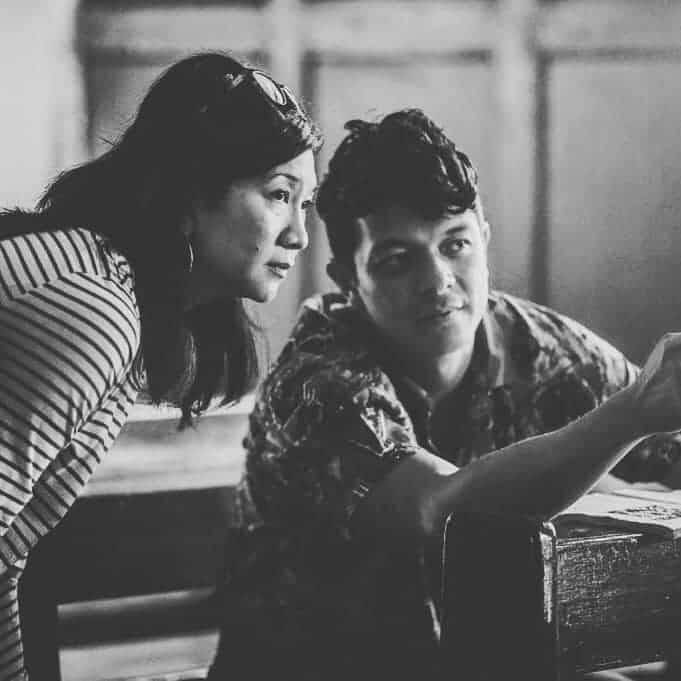
I was personally in awe of the performance from Jericho Rosales. How did he become involved in the project, and are there any interesting stories you can give about working with him on set?
Jericho – who goes by “Echo” is one of those gifted channelers. He understands acting at the core, character and story- telling intuitively. When he tunes in, he is a natural. I had no idea he was a telenovela star in the Philippines. I saw him in an indie film, “Alagwa” and was moved by his range as an actor. Working on set with him is so easy. He loves collaborating and being with the crew. He is very “real” and “grounded”. He gets what it means to be “human” and he is in touch with that infinite spirit we all have too– as individuals and as a collective. I hope to continue to collaborate on projects with him and even in the US.
In future projects, would you like to stick with films that hold a more socially conscious message, and how important of a role do you think it is for film to explore such subjects?
Yes — all my stories are about social messages and exploring self-value and questioning systems of thinking that no longer serve us as a society. Even when I was a staff writer at Disney writing for “Winnie the Pooh”– my stories were about being seen, valued and equality. To name a couple — one where Pooh loses his red shirt and needs to claim it back and Piglet losing his voice before his big singing performance. Lol.
Are you working on anything new?
I am focusing mostly on my first feature film currently titled “Manhid” that is born out of “Basurero” and I am developing the movie with Jericho Rosales as the lead actor and also as the producer. Unlike “Basurero” — “Manhid” is an exploration into the solutions for drug addiction and addicts and how do we start to see addicts as humans in trouble instead of “villains” we need to kill them off. I am also working with my Basurero producer Darlene Malimas on some very interesting and exciting kid narrative and animation IPs. And with award-winning filmmaker PJ Raval (Call Her Ganda) on developing a narrative project that he plans to direct and a documentary on climate change with creator Robert Chang (producer -Advantageous) soon to hit the film festival circuit.


